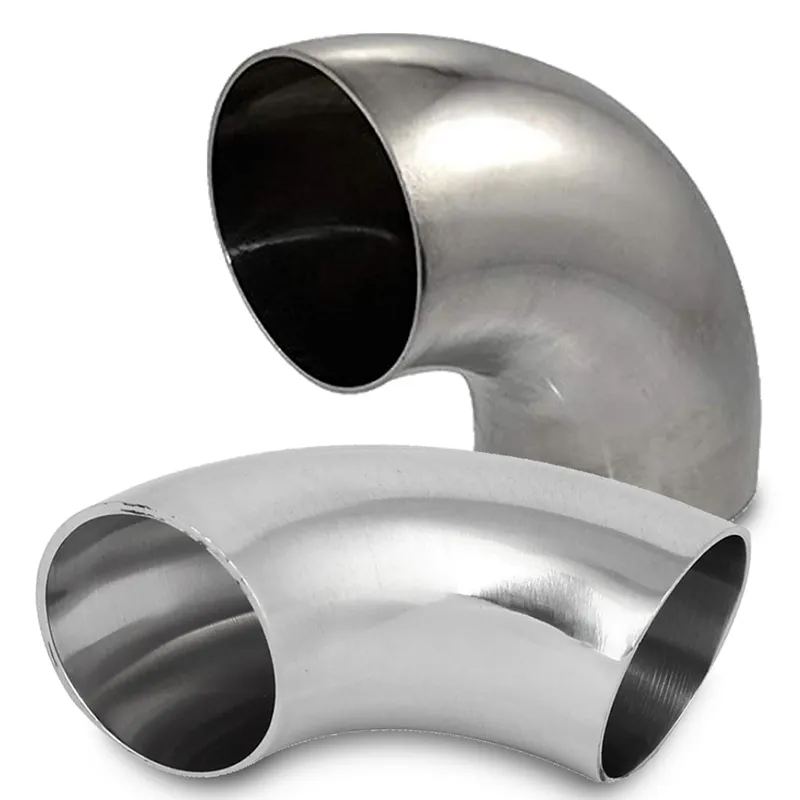-
Cangzhou Yulong Steel Co., Ltd.
-
Phone:
+86 13303177267 -
Email:
admin@ylsteelfittings.com
- English
- Arabic
- Italian
- Spanish
- Portuguese
- German
- kazakh
- Persian
- Greek
- French
- Russian
- Polish
- Thai
- Indonesian
- Vietnamese
- Zulu
- Korean
- Uzbek
- Hindi
- Serbian
- Malay
- Ukrainian
- Gujarati
- Haitian Creole
- hausa
- hawaiian
- Hebrew
- Miao
- Hungarian
- Icelandic
- igbo
- irish
- Japanese
- Javanese
- Kannada
- Khmer
- Rwandese
- Afrikaans
- Albanian
- Amharic
- Armenian
- Azerbaijani
- Basque
- Belarusian
- Bengali
- Bosnian
- Bulgarian
- Catalan
- Cebuano
- China
- China (Taiwan)
- Corsican
- Croatian
- Czech
- Danish
- Esperanto
- Estonian
- Finnish
- Frisian
- Galician
- Georgian
- Kurdish
- Kyrgyz
- Lao
- Latin
- Latvian
- Lithuanian
- Luxembourgish
- Macedonian
- Malgashi
- Malayalam
- Maltese
- Maori
- Marathi
- Mongolian
- Myanmar
- Nepali
- Norwegian
- Norwegian
- Occitan
- Pashto
- Dutch
- Punjabi
- Romanian
- Samoan
- Scottish Gaelic
- Sesotho
- Shona
- Sindhi
- Sinhala
- Slovak
- Slovenian
- Somali
- Sundanese
- Swahili
- Swedish
- Tagalog
- Tajik
- Tamil
- Tatar
- Telugu
- Turkish
- Turkmen
- Urdu
- Uighur
- Welsh
- Bantu
- Yiddish
- Yoruba

Jul . 27, 2024 10:23 Back to list
Design and Specifications of DIN 2576 Flanges for Enhanced Connection Reliability in Piping Systems
Understanding DIN 2576 Flanges A Comprehensive Overview
DIN 2576 flanges represent a critical component in the realm of piping systems, primarily used in various industrial applications. The DIN stands for Deutsches Institut für Normung, which is the German Institute for Standardization. Established in 1917, DIN has played a pivotal role in establishing guidelines and standards that ensure quality and safety across various engineering disciplines. The DIN 2576 standard specifically addresses flange dimensions and material specifications, making it an essential reference for engineers, designers, and manufacturers.
Key Characteristics of DIN 2576 Flanges
DIN 2576 flanges are characterized by their circular shape and are used to join pipes, valves, pumps, and other equipment to form a complete piping system. One of the primary advantages of using these flanges is their threaded design, which allows easy assembly and disassembly—making them ideal for applications requiring maintenance or modification.
The standard specifies several dimensions, including thickness, outer diameter, and bolt hole patterns. The thickness of the flange is crucial as it must withstand the pressures and stresses within the piping system. Common pressure ratings include PN 6, PN 10, PN 16, and PN 25, which denote the maximum allowable pressure the flange can handle under specific temperature conditions.
Materials Used for DIN 2576 Flanges
Flanges must be constructed from materials that offer durability and compatibility with the operating environment. Common materials for DIN 2576 flanges include carbon steel, stainless steel, and alloy steel. Carbon steel flanges are often utilized in general-purpose applications, while stainless steel flanges are preferred in corrosive environments due to their excellent resistance to rust and oxidation. Alloy steels may be employed in high-strength applications where durability is paramount.
It's important to choose the right material based on the pipes' medium, temperature, and environmental conditions. For instance, flanges used in food processing or pharmaceutical industries must comply with strict hygiene and safety regulations, making stainless steel the preferred choice.
din 2576 flange

Applications of DIN 2576 Flanges
DIN 2576 flanges find extensive applications across various industries, including oil and gas, chemical processing, water treatment, and power generation. In the oil and gas sector, they are used in pipelines that transport crude oil, natural gas, and other petrochemical products. Their robust design ensures that systems can withstand the intense pressures and harsh conditions typical in these environments.
In chemical processing, where reactive substances may be involved, the choice of flange material and design is crucial to preventing leaks or failures that could lead to significant safety hazards. Water treatment facilities utilize these flanges to establish connections between different sections of treatment systems, enabling effective purification processes.
Installation and Maintenance Considerations
Proper installation and maintenance of DIN 2576 flanges are vital for ensuring the longevity and reliability of piping systems. Engineers must adhere to industry standards and best practices, such as using the correct torque specifications when tightening bolts and employing gaskets to prevent leaks. Regular inspections are also essential to detect signs of wear, corrosion, or damage.
Conclusion
DIN 2576 flanges play an indispensable role in modern industrial applications, offering versatility, strength, and reliability. Understanding their specifications, materials, and applications will enable professionals to make informed decisions when designing and implementing piping systems. By adhering to industry standards and focusing on quality, engineers can ensure that their systems operate efficiently and safely, ultimately contributing to overall productivity and operational success.
Latest news
-
ANSI 150P SS304 SO FLANGE
NewsFeb.14,2025
-
ASTM A333GR6 STEEL PIPE
NewsJan.20,2025
-
ANSI B16.5 WELDING NECK FLANGE
NewsJan.15,2026
-
ANSI B16.5 SLIP-ON FLANGE
NewsApr.19,2024
-
SABS 1123 FLANGE
NewsJan.15,2025
-
DIN86044 PLATE FLANGE
NewsApr.19,2024
-
DIN2527 BLIND FLANGE
NewsApr.12,2024
-
JIS B2311 Butt-Welding Fittings LR/SR 45°/90° /180°Seamless/Weld
NewsApr.23,2024











